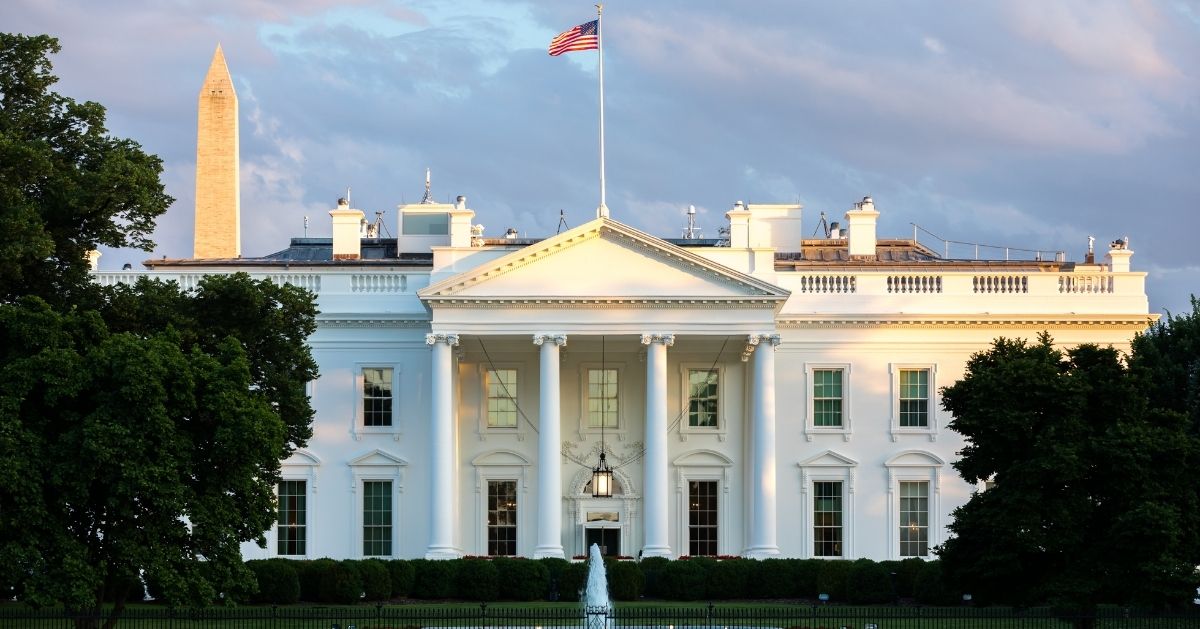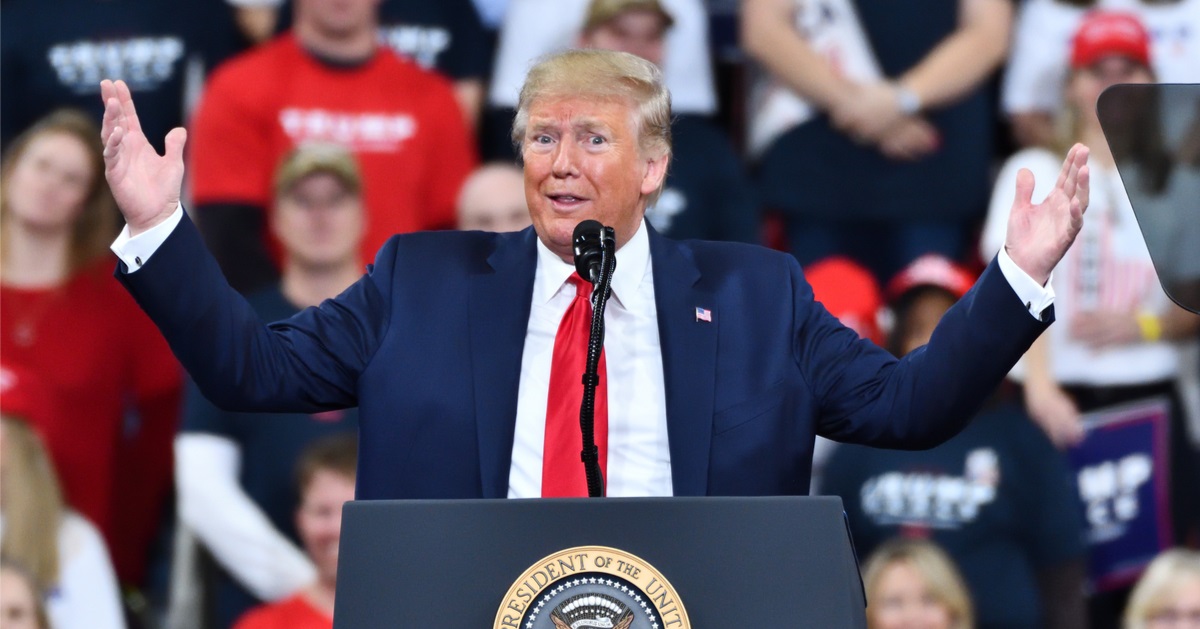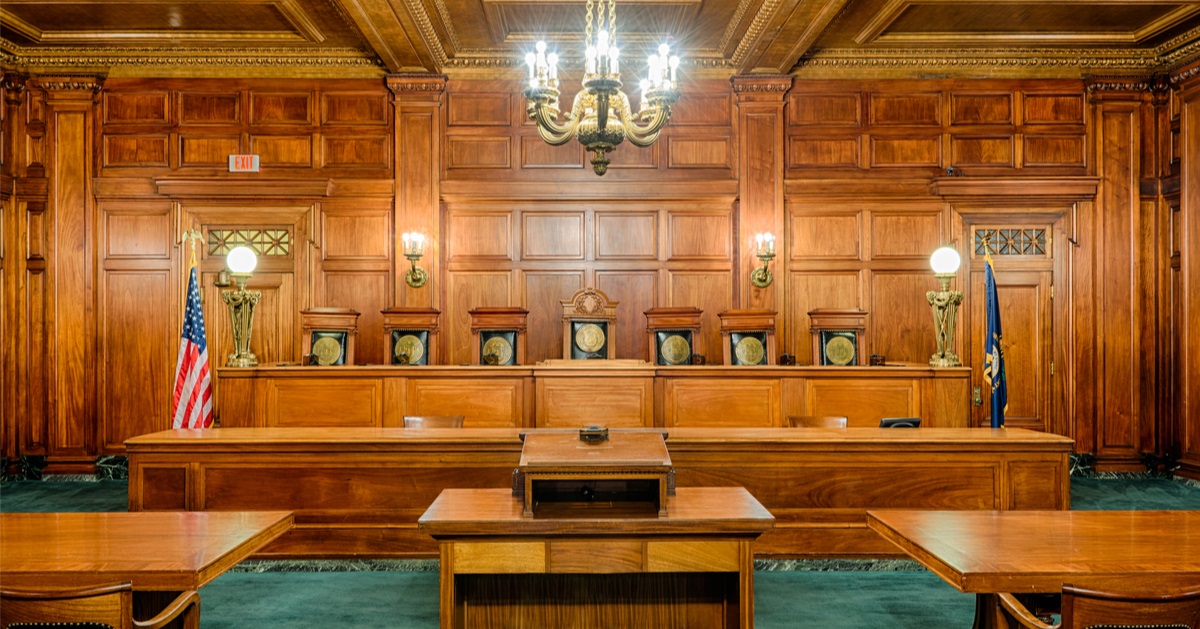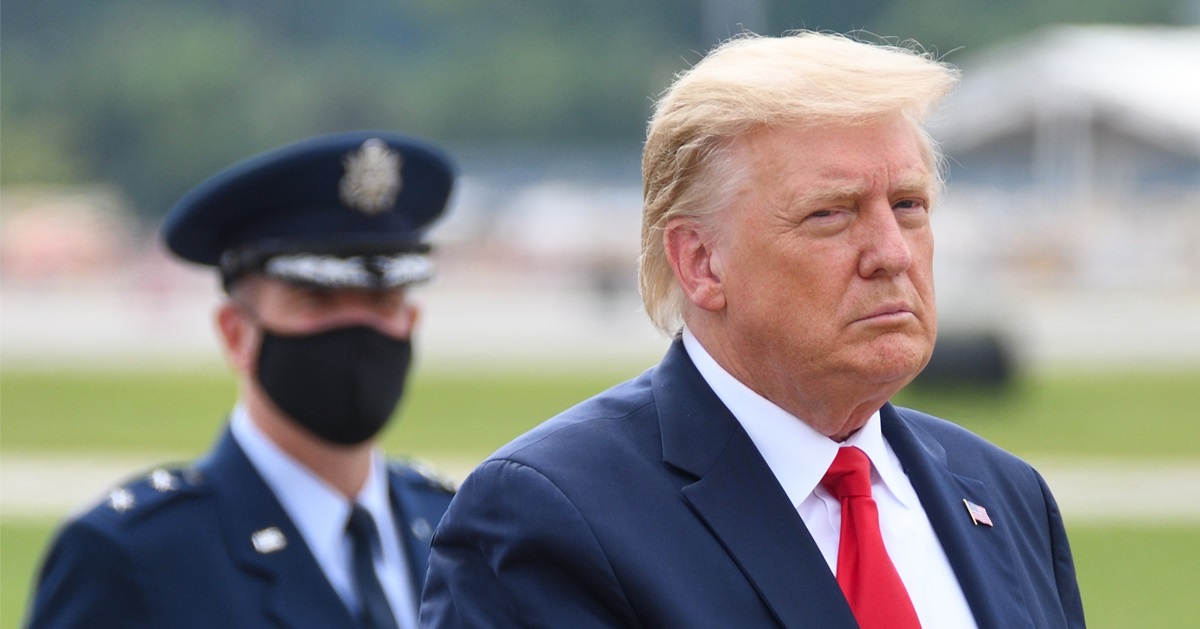DANIEL VAUGHAN: Jeff Bezos Admits The Obvious - But Does He Want To Fix It?
Typically, the peak moment for newspapers and news organizations is an election. That's when everyone has their eyes on you. That's no longer true for The Washington Post. To be sure, everyone's eyes are on The Post, but because of decisions from its owner and the editor. The Washington Post declined to endorse anyone in the Presidential race, and that decision sent customers to the exits.
Internal sources at The Washington Post told NPR that the paper had lost more than 250,000 subscribers, with some indications that momentum was continuing. Estimates show that the overall subscriber base is 2.5 million, which means approximately 10% of The Post's subscribers have left in the last few days.
Those leaving claim they're mad at a loss of editorial independence from the paper. Though, had the paper endorsed Donald Trump, you get the sense they'd have left the paper over that, too. That's their right. They can pick any reason they'd like to stay or leave.
However, the freakout among the staff and customers forced the owner, Mr. Jeff Bezos, to speak. Leaning into the present election, he made an important point:
Let me give an analogy. Voting machines must meet two requirements. They must count the vote accurately, and people must believe they count the vote accurately. The second requirement is distinct from and just as important as the first. Likewise with newspapers. We must be accurate, and we must be believed to be accurate. It's a bitter pill to swallow, but we are failing on the second requirement.
He then laid the wood on the news reporting industry, describing how it failed. No one believes The Washington Post is unbiased. Those leaving The Washington Post over a lack of endorsement reveal their decision was based on partisanship.
People don't want news; they want their priors tickled. On that point, Mr. Bezos is right.
However, there's a point in which he misses it. He's right that people have to believe the news is accurate. Just as they have to accept that, they have to believe that the ownership of this institution wants to achieve that end. And on that front, why should anyone believe Mr. Bezos?
He openly discusses people's views of conflicts of interest between his business and The Washington Post. He's right about that, although he sidesteps the question of how his interests create problems for the bottom line.
Notably missing is the massive military cloud computing contract split among four companies, including Amazon. The $9 billion deal was a hot topic during the Trump administration and was only finalized during the Biden administration. It's scheduled to expire in 2028, the end of the term of whoever wins this election.
Amazon sued the federal government over statements Trump made about Mr. Bezos, claiming that was why they initially lost out on parts of that contract. Is Mr. Bezos using The Post to bury that hatchet early? As the Amazon founder himself admits, certain conclusions are hard to overlook.
So is the claim of a new direction for the paper. The Post has endorsed every cycle the tech titan has owned it. What changed this cycle? The sudden change of heart from The Post and Mr. Bezos is hard to square with the facts we have on the ground. It's widely believed Trump is winning this race, and Wall Street is positioning itself for a second Trump presidency.
It's not hard to see similarities between Wall Street, Mr. Bezos's, and Amazon's decisions. Again, these are just observations and questions. I have no ill will toward Mr. Bezos's decisions with The Post; it's his. I have no intention of getting rid of my Amazon subscription, though the quality of products has lagged as of late.
The problem Mr. Bezos has is one happening across both the media and technology landscape: there's a loss of trust everywhere. Mark Zuckerberg is in the middle of a multi-year effort to revitalize his image and make Facebook a middle ground for the public, though the continuing censorship issues for conservatives linger.
Google and YouTube remain massive platforms that even I use (subscribe to The Horse Race for free), but the "technical errors" that right-wing creators hit seem to always lean on them, not the left. These sites can change their algorithms tomorrow, but it won't fix trust. The broken trust is still there, and it will take a long time to rebuild that with users and viewers.
The revolt Mr. Bezos is facing isn't unique to him. There's a revolt more broadly against institutions across the board, and those leaving the big institutions have a point. They have reason to mistrust. It's not enough for the Jeff Bezos, The Washington Posts. or others to acknowledge there's a problem. They must fix the issue.
Reports suggest that Mr. Bezos wants more conservative opinion writers at the paper. That's a significant first step. Here's an easy way to measure that: try hiring opinion columnists who would actually vote for Donald Trump, just like tens of millions of Americans will do by Election Day.
We exist, I assure you, but you won't find them in major newspapers. This issue hasn't always been true: I grew up reading Charles Krauthammer's columns, and he made The Washington Post one of the places to go as a conservative. The Post even hosted The Volokh Conspiracy, a collection of conservative and libertarian law professors. The Post can do it; it's just refused in recent years.
The next step is also easy, but hasn't happened: stop vilifying half the country as a "basket of deplorables" like Hillary Clinton named anyone voting for the Republican Party. The default position of The Washington Post, even in its reporting, is that Clinton is right.
Picking a week before an election to start this process is less than ideal. If Mr. Bezos means this shift, I wish him well. But as he says, that will have to be earned.






